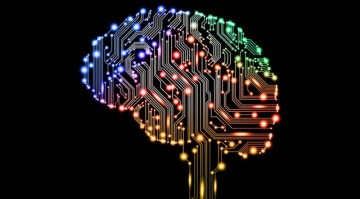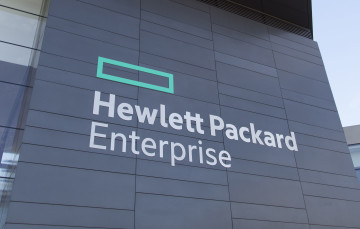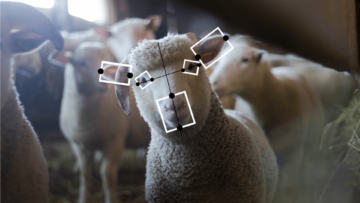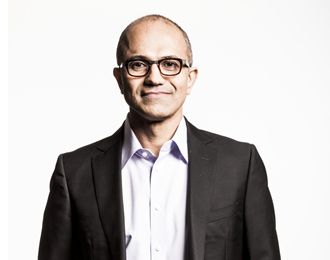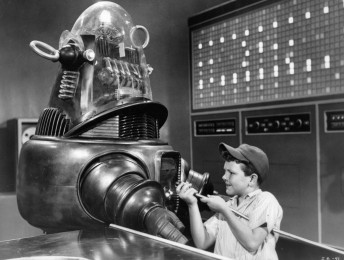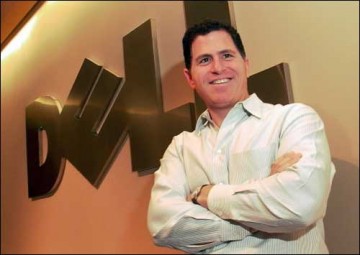 Analyst outfit PwC claims that 7.2 million jobs will be created by AI over the next two decades which will mean more UK jobs than it erases
Analyst outfit PwC claims that 7.2 million jobs will be created by AI over the next two decades which will mean more UK jobs than it erases
The firm claims that AI will create around 7.2 million jobs in the UK between 2017 and 2037, while displacing seven million others.
More than 20 percent of jobs will be automated by 2037 and that all industries will be affected by AI, the report said.
The healthcare sector will see a net boost in jobs of 22 percent between 2017 and 2037 as a result of AI.
The professional, scientific and technical sector is predicted to see a net job increase of 16 percent, with a six percent net jobs increase expected in the education sector. A full table of the predictions can be found below.
The manufacturing industry is forecast to be the hardest hit, with net jobs expected to fall by 25 percent. Net jobs in the transport and storage sector are predicted to decline by 22 per cent, with net public administration roles expected to be reduced by 18 percent.
John Hawksworth, PwC chief economist, said: “Healthcare is likely to see rising employment as it will be increasingly in demand as society becomes richer and the UK population ages.
“While some jobs may be displaced, many more are likely to be created as real incomes rise and patients still want the ‘human touch’ from doctors, nurses and other health and social care workers.
“On the other hand, as driverless vehicles roll out across the economy and factories and warehouses become increasingly automated, the manufacturing and transportation and storage sectors could see a reduction in employment levels.”
Hawksworth compared AI’s effect on job creation and losses to similar patterns that occurred due to other disruptive technologies in the past.
“Major new technologies, from steam engines to computers, displace some existing jobs but also generate large productivity gains. This reduces prices and increases real income and spending levels, which in turn creates demand for additional workers,” he said.
“Our analysis suggests the same will be true of AI, robots and related technologies, but the distribution of jobs across sectors will shift considerably in the process.”

